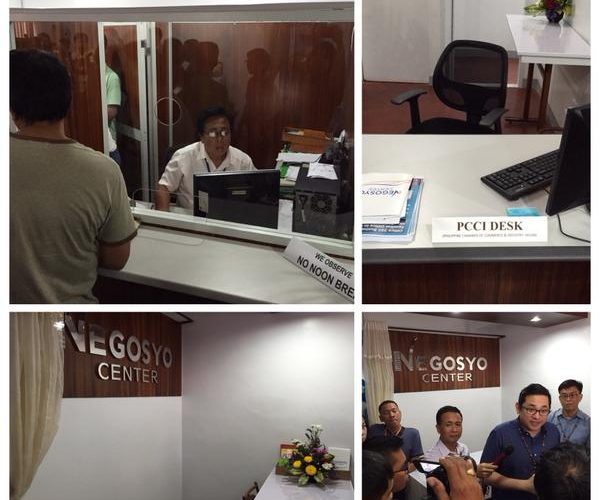SRN-1180: Recommending and Awarding of the Medal of Valor to the Surviving SAF Officers and Wounded Personnel
RESOLUTION RECOMMENDING THE AWARDING OF THE MEDAL OF VALOR TO THE SURVIVING SAF OFFICERS AND WOUNDED PERSONNEL WHO DIRECTLY PARTICIPATED IN THE POLICE OPERATIONS IN MAMASAPANO, MAGUINDANAO AND COMMENDING THEM FOR THEIR EXEMPLARY COURAGE AND HEROISM
Whereas, it is the policy of the State to consistently honor its military and police officers in order to strengthen patriotic spirit and nationalist consciousness, Towards this end, the State shall give due recognition to an awardee of the Medal of Valor of his supreme self-sacrifice and distinctive acts of heroism and gallantry by providing adequate social services and financial rewards in order to encourage men and women to perform heroic deeds for their country;
Whereas, on 24 January 2015, members of the Philippine National Police – Special Action Force (PNP-SAF) carried out an operation to serve the warrants of arrest issued against Jemaah Islamiyah leader Zulkifli Bin Hir alias “Marwan” and Basit Usman in Barangay Tukanalipao, Mamasapano, Maguindanao, The SAF officers were successful in eliminating Marwan but Usman was able to escape;
Whereas, in the course of the operation, members of the team came under intense rebel fire from members of the Moro Islamic Liberation Front (MILF), Bangsamoro Islamic Freedom Fighters (BIFF) and other armed groups, From the 55th SAF Company which served as the blocking force, only one soldier survived the gun battle, Thirty- five (35) of his comrades did not make it. From the Seaborne Unit of the 84th SAF Company, thirty (30) out of the thirty-nine (39) soldiers were wounded and/or survived the battle. Based on records as of 05 February 2015, thirty-one (31) PNP-SAF officers and personnel survived the Mamasapano encounter. In the aftermath of that tragic day of 25 January 2015, fortyfour (44) members of the PNP-SAF were killed;
Whereas, the death of the PNP-SAF officers and all those wounded in the police operations should serve as a continuing reminder that the ultimate purpose of the government is to protect its citizens. The sacrifice of these uniformed men displayed their dedication in carrying out their duties to protect the citizenry and to maintain peace and order in the country. Thus, they deserve the award of a Medal of Valor and the benefits/entitlements under Republic Act No. 9049;
Whereas, the outstanding act of bravery of these soldiers in the most dangerous combat circumstances only shows the quality of the country’s uniformed men in the service of the Filipino people. They disregarded the immediate danger, which surrounded them in order to defend the country. The courage and bravery of these uniformed men who became ill or injured in the line of duty deserve the honor and recognition of their supreme self-sacrifice for the country;
NOW THEREFORE, BE IT RESOLVED, AS IT IS HEREBY RESOLVED, by the Senate to recommend the awarding of the Medal of Valor to the surviving SAF officers and wounded personnel who directly participated in the police operations in Mamasapano, Maguindanao and commending them for their exemplary courage and heroism.

Recent Comments